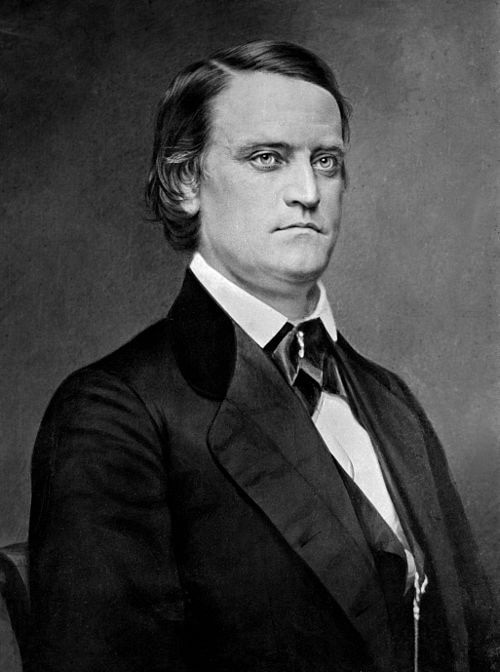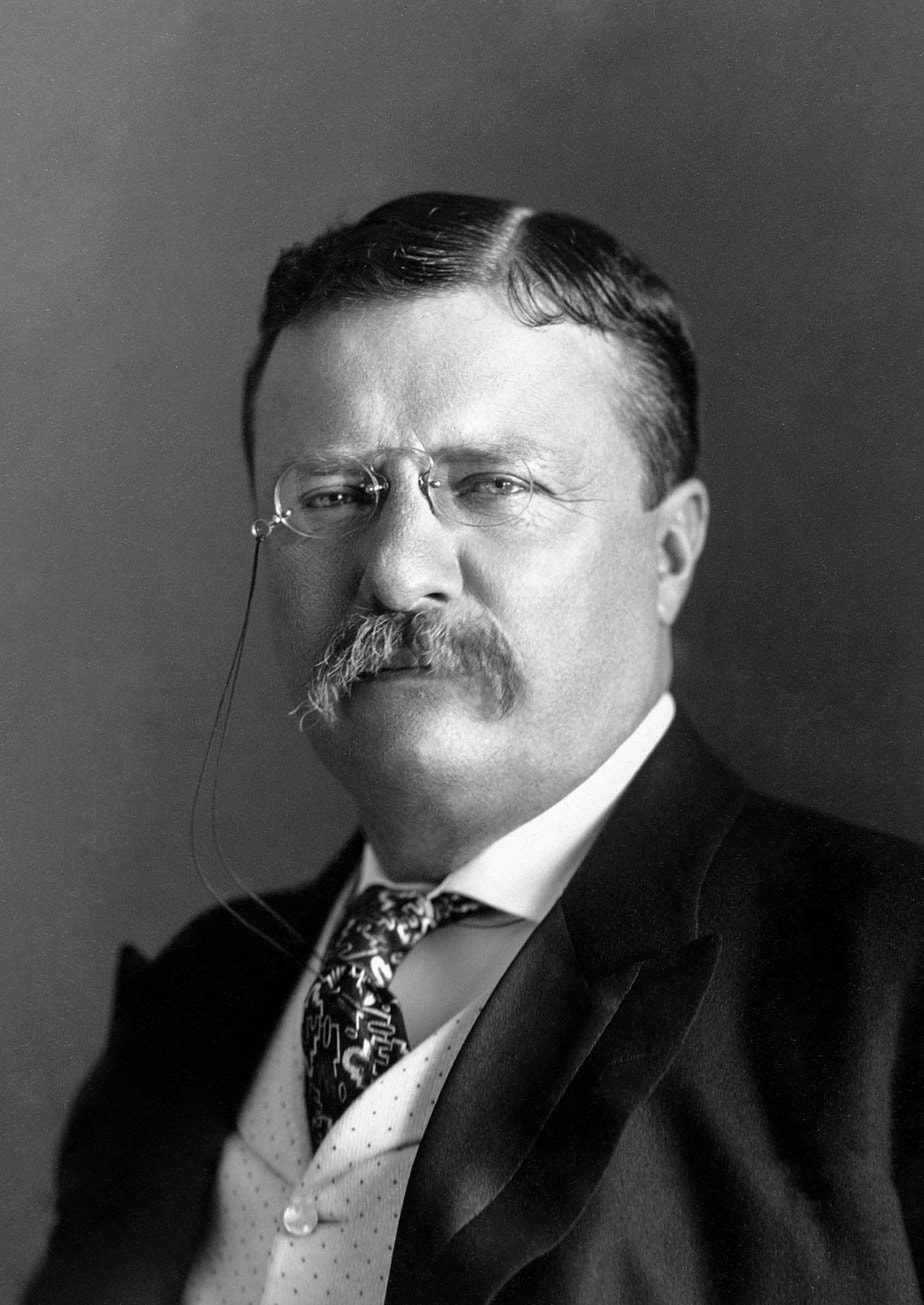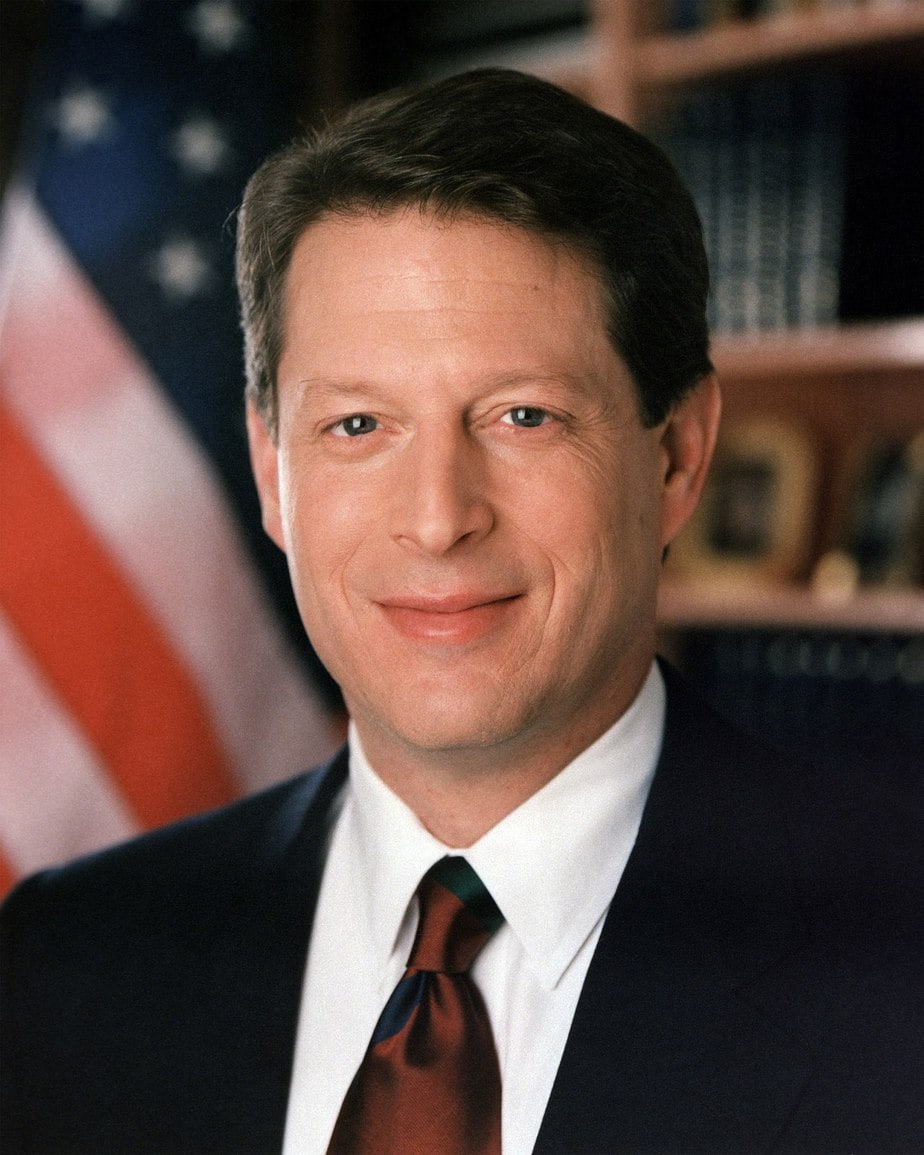Who Were The Youngest Vice Presidents: A Comprehensive Guide To Their Remarkable Histories
Exploring the legacy of the youngest vice presidents in history reveals fascinating stories of leadership, ambition, and political prowess. These leaders took office at remarkably young ages, setting precedents that continue to influence modern politics. In this article, we will delve into the lives, achievements, and contributions of these remarkable figures who shaped the political landscape of their respective nations.
The role of a vice president is crucial in any democratic system. As a potential successor to the presidency, the position requires individuals with exceptional skills, knowledge, and experience. However, history has shown that age does not necessarily define capability. Some of the youngest vice presidents have demonstrated remarkable competence and leadership qualities that have left an indelible mark on their countries' histories.
This article aims to provide an in-depth analysis of who the youngest vice presidents were, their contributions, and how their early ascension to power impacted their careers and the nations they served. By understanding their stories, we can gain valuable insights into the importance of youth in leadership roles and the qualities that define effective governance.
Read also:Matthew Rutler The Rising Star In The Entertainment Industry
Table of Contents
- Who Were the Youngest Vice Presidents?
- Historical Context: The Role of Young Leaders
- Biographies of the Youngest Vice Presidents
- Key Contributions and Achievements
- Challenges Faced by Young Leaders
- Impact on Politics and Governance
- Statistical Insights on Young Leaders
- Comparative Analysis: Young Leaders Across Nations
- Future Potential of Young Leaders
- Conclusion: The Legacy of Young Vice Presidents
Who Were the Youngest Vice Presidents?
The title of the youngest vice president is not held by one individual but by several leaders who ascended to the position at exceptionally young ages. These figures, despite their youth, demonstrated remarkable leadership qualities that earned them the trust and respect of their peers and constituents. Among the notable names include John C. Calhoun, who became the vice president of the United States at the age of 46, and other global leaders who achieved similar feats in their respective nations.
Global Perspective on Young Vice Presidents
While the United States has its own history of young leaders, other countries have also seen the emergence of vice presidents who took office at tender ages. For instance, in Latin America and Africa, several vice presidents have been appointed or elected before reaching their 40s. This trend highlights the growing recognition of youth in leadership roles across the globe.
Key Facts:
- John C. Calhoun was the youngest vice president of the United States at the time of his appointment.
- Other nations have seen even younger leaders take office, some as young as 35 years old.
- Young leaders often bring fresh perspectives and innovative ideas to governance.
Historical Context: The Role of Young Leaders
Throughout history, young leaders have played pivotal roles in shaping the destinies of nations. From Alexander the Great to modern-day politicians, youth has not been a barrier to achieving greatness. In the context of vice presidents, the appointment of younger individuals often reflects a nation's willingness to embrace change and innovation in governance.
Why Youth Matters in Leadership
Young leaders bring several advantages to the table:
- Energy and enthusiasm that drive reform and progress.
- Fresh perspectives that challenge traditional norms and practices.
- Strong connections with younger generations, ensuring more inclusive policies.
However, youth also comes with challenges, such as skepticism from older generations and the need to prove one's capabilities in a high-stakes environment.
Read also:Jillian Rose Reed A Rising Star In The Entertainment Industry
Biographies of the Youngest Vice Presidents
To understand the legacy of the youngest vice presidents, it is essential to explore their personal and professional backgrounds. Below is a brief biography of some of the most notable figures:
John C. Calhoun: The First Among Equals
Biodata:
| Full Name | John Caldwell Calhoun |
|---|---|
| Date of Birth | March 18, 1782 |
| Place of Birth | Abbeville District, South Carolina, U.S. |
| Age When Elected as Vice President | 46 years old |
| Key Achievements | Advocate for states' rights, influential political theorist. |
John C. Calhoun served as the seventh vice president of the United States under Presidents John Quincy Adams and Andrew Jackson. His tenure was marked by significant contributions to the debates on states' rights and the nature of federalism in the United States.
Key Contributions and Achievements
The youngest vice presidents have left lasting legacies through their contributions to governance and policy-making. Their achievements often reflect their ability to navigate complex political landscapes and implement transformative changes.
Transformative Policies
Some of the key contributions of young vice presidents include:
- Advocacy for social reforms that address the needs of younger generations.
- Implementation of economic policies that promote growth and innovation.
- Strengthening international relations through diplomatic efforts.
These leaders have demonstrated that age is not a barrier to achieving great things in the realm of politics.
Challenges Faced by Young Leaders
Despite their accomplishments, young leaders often face significant challenges. Skepticism from older generations, lack of experience, and the pressure to prove themselves can be daunting obstacles. However, many of these leaders have overcome these challenges through determination, hard work, and the support of their peers.
Overcoming Obstacles
Some strategies employed by young leaders to overcome challenges include:
- Building strong networks of mentors and advisors.
- Embracing continuous learning and self-improvement.
- Communicating effectively to gain the trust and support of constituents.
These strategies have enabled young leaders to thrive in demanding political environments.
Impact on Politics and Governance
The presence of young leaders in high-ranking political positions has a profound impact on the political landscape. They bring fresh perspectives, challenge established norms, and inspire future generations to aspire to leadership roles. This trend has been observed in various countries, where young vice presidents have played key roles in shaping policies and driving progress.
Examples of Transformational Leadership
Some notable examples of transformational leadership by young vice presidents include:
- Introducing policies that address climate change and environmental sustainability.
- Promoting education and healthcare reforms to benefit marginalized communities.
- Enhancing transparency and accountability in government operations.
These initiatives have had lasting impacts on the societies they served.
Statistical Insights on Young Leaders
Data and statistics provide valuable insights into the phenomenon of young leaders in politics. According to a study by the International Institute for Democracy and Electoral Assistance (IDEA), the average age of vice presidents worldwide has been decreasing over the past few decades. This trend reflects a growing recognition of the potential of young leaders in governance.
Key Statistics
- As of 2023, the average age of vice presidents globally is approximately 50 years old.
- Several countries have seen vice presidents elected or appointed before reaching their 40s.
- Young leaders often receive higher approval ratings from younger demographics.
These statistics underscore the importance of youth in leadership roles and the positive impact they can have on governance.
Comparative Analysis: Young Leaders Across Nations
A comparative analysis of young leaders across different nations reveals fascinating insights into the global phenomenon of youth in politics. While the United States has its own history of young vice presidents, other countries have also seen the emergence of influential young leaders who have shaped their nations' destinies.
Global Trends
Some global trends in youth leadership include:
- Increased representation of young leaders in developing countries.
- Greater emphasis on inclusivity and diversity in political appointments.
- Recognition of the potential of young leaders to drive innovation and progress.
These trends highlight the growing importance of youth in shaping the future of global politics.
Future Potential of Young Leaders
The future looks bright for young leaders in politics. With the increasing recognition of their potential and the growing demand for fresh perspectives in governance, young leaders are poised to play even more significant roles in shaping the future of nations. Their ability to connect with younger generations and drive transformative change makes them invaluable assets in the realm of politics.
Preparing for the Future
To prepare for the future, young leaders must:
- Invest in education and skill development to enhance their capabilities.
- Engage with communities to understand their needs and aspirations.
- Build networks of support to amplify their impact and influence.
By doing so, they can ensure that their contributions continue to drive positive change in the world.
Conclusion: The Legacy of Young Vice Presidents
In conclusion, the legacy of the youngest vice presidents is one of remarkable achievement and enduring influence. Their stories serve as inspiration for future generations of leaders and highlight the importance of youth in governance. By understanding their contributions and challenges, we can gain valuable insights into the qualities that define effective leadership and the potential of young leaders to shape the future.
We invite you to share your thoughts and insights in the comments section below. Your feedback is invaluable in helping us improve and expand our coverage of this fascinating topic. Additionally, feel free to explore other articles on our site for more in-depth analyses of global politics and leadership.


